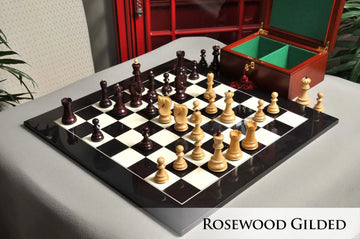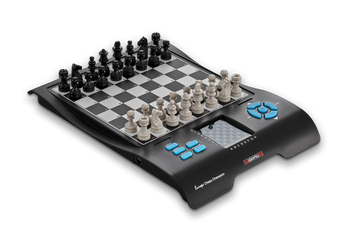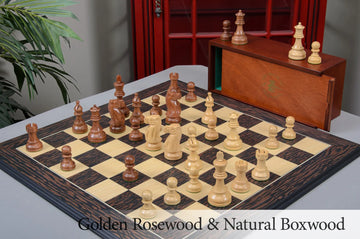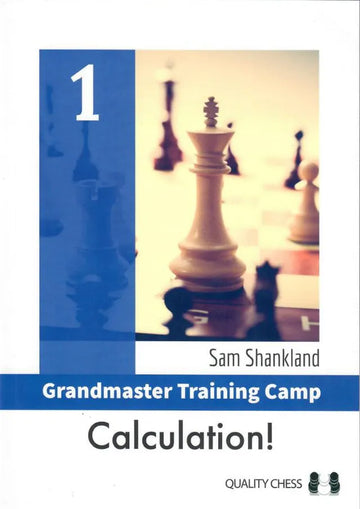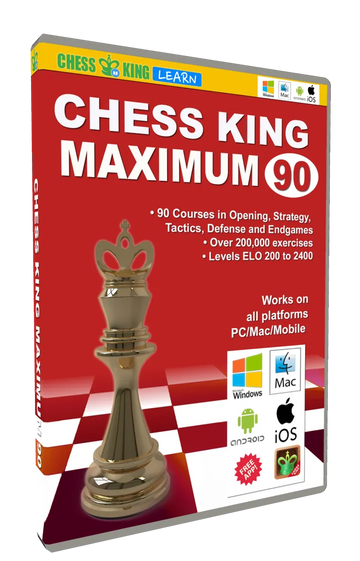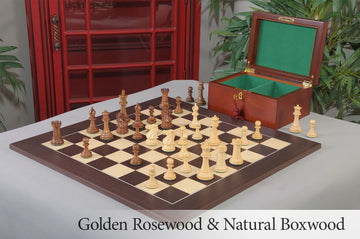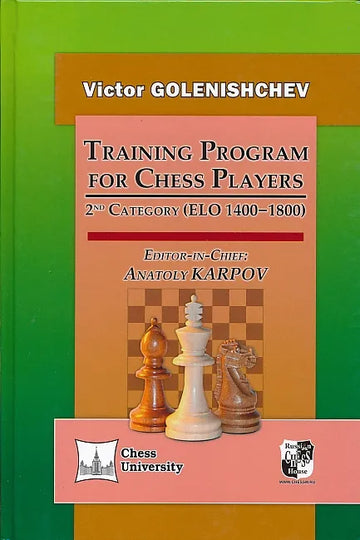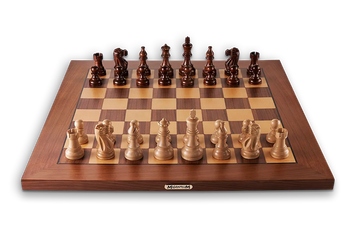How To Create A Training Plan For Chess
Creating a training plan for chess is not unlike creating a training plan for working out, learning a new instrument, or learning a new artistic skill. It takes consistency and discipline, along with smart use of time, to optimize your improvement. If your new workout plan included eating only candy and never exercising, then you might need a new plan! Make sure you eat your chess vegetables and your training plan can succeed.

What is a Training Plan for Chess?
An effective training plan is ultimately about efficiently managing your time to maximize rapid improvement. All chess players dream of quickly improving. Reading that one magic book that boosts your rating by three hundred points, or learning that one tactic that wins you more games. While that is generally not a realistic expectation unless you are learning about checkmate for the first time (which will lead to you winning more games, unsurprisingly), you can build a chess training program that will help you improve.
Reasons to Have a Training Plan
Can you improve without a chess training plan? Absolutely! Some people want to play games and read a chess book when they can, and they may still improve with that schedule. However, if you want to optimize your time and your improvement, then you need to build a chess training plan.
Have Chess Training Goals
The first step for your chess training plan needs to be specifically identifying your chess training goals. Do you have an ELO goal that you wish to achieve? Once you decide what that goal is, it gives you something to chase. ELO is your chess rating. Your goal could include multiple kinds of ELO. You could track your online ELOs on different chess websites, or you could just have a goal for your USCF or FIDE rating.
Other Types of Goals for Learning Chess
There are many ways to track your progress in your chess improvement, and different kinds of chess goals can help you improve. Maybe you want to read ten chess books this year. You could have a certain number of chess puzzles you want to complete in a span of time. There are also other online metrics you could measure. For instance, you could have a goal for a certain number of puzzles completed in chess.com’s puzzle rush or Puzzle Survivor. Lichess also has Puzzle Streak and Puzzle Storm which can give you fun goals. Decide your own goals and set them!
Decide if You Want Chess Coaching
After you have set goals for yourself, you can ask yourself if you need chess coaching. Does everyone need a chess coach? Not necessarily. If you want to really optimize your time spent, then yes, a chess coach will help. They might even be able to help you set more realistic goals. Everyone can benefit from a chess coach. It can be difficult to identify your own areas that need improvement in chess, and chess coaches help with that.

How to Build a Training Program
Now that you know your goals, maybe have a new chess coach, how do you actually build your chess training program for yourself? Start with identifying how much time you have to allocate. Do you have five hours a week? Five hours a day? That difference will completely change how you study. No matter how much time you have to allocate, you generally want to break up your time in three ways.
- Tactics
- Study
- Play
Tactics
Depending on where you are in your chess journey, tactics and tactical skills could be the most important thing that you do in your training program. If you are a complete beginner in chess, then I highly recommend simply doing chess puzzles, and basic tactics take up around 50% of your training time. Chess is about pattern recognition, and if you are going to improve, you need to repeat those patterns. If you are brand new to chess then there are some great workbooks that you can use to learn these basic tactics, and then using the Lichess puzzle page or chess.com puzzles is an excellent use of your time.
Even if you are not a brand new chess player, learning chess tactics, calculation, and visualization is an important part of your training program. However, you or your coach can decide how many of your study plan hours are dedicated to that.

Study
Study time for you in chess can mean many things. That could be reading that chess book that you have been meaning to finish or working through an opening repertoire course of chessable. Whatever it is, this is time that is not doing puzzles but also not playing chess. This is important learning time. Are there any gaps in your knowledge? Try to fill those gaps with this time. Coaches will be a fantastic resource here to point you in the right direction and ensure you are not wasting time or studying something inappropriate for your level. Put away that Sicilian Najdorf course if you still don’t know how to queen and king checkmate!
Play
In most cases, playing chess will be the best way to improve at chess. Don’t forget to include time to actually play chess in your training plan! One mistake I see is that students think a training plan is all about the “study” side of things. They get hung up on what book is best, which course they should do next, or what training method they need to try, and they forget to play games. This actually can be caused by anxiety around the goals that we set earlier. You may worry about losing rating points, or worry about making mistakes that you could avoid if you just study more, but you need to play in order to improve.
Types of Playing
There are many ways and time controls for playing chess. If you want to improve, I recommend including rapid or classical games in your training plan. Having time to play blitz or bullet is fine, but that is the popcorn you eat at the movies, not a real meal. If you want to improve, play longer games.
What to Avoid When Learning Chess
Speaking of things to avoid, here are a few methods of chess study and play I would avoid if you really want to improve.
-
Avoid playing bots only.
- I actually encourage my really young students who don’t have family to play with and are not allowed to play online or don’t want to play against random people online to practice against bots. It can be a fun way to start playing games. However, be aware that lower-rated bots will play odd moves that are not very realistic. This can be a good practice for taking advantage of weird moves from your opponents, capturing free pieces, etc.
-
Don’t give up on chess puzzles, push yourself to calculate.
- Just because a puzzle is one that you don’t solve immediately doesn’t mean you should just make a guess. Force yourself to calculate!
-
Avoid only playing or doing one type of studying.
- It can be tempting if you find one type of studying that you enjoy, for that to suddenly be 100% of your chess study plan. Make sure that you are still doing tactics, for instance, even if you mostly enjoy reading chess books and playing games. Eat your vegetables, whatever those may be for you in your training program.
Tips to be Successful in Your Chess Training Plan
Having a chess training plan and being successful with a chess training plan are two different things. So what separates the successful from the unsuccessful? Here are some tips that I believe will push you to success with your training plan.
-
Be Consistent
- Consistency over a long time is key in any area of life that you want to improve. If you want to build any new good habits, the first step is being consistent. This also means building for yourself a plan that you trust you can be consistent with. If you are over-optimistic, and build out a plan that has you doing one hundred puzzles a day, that may be great for a week, or maybe just a day, before you crash and can’t continue. Build a plan you can be consistent with.
-
Plan specific times and/or places.
- I find that the best way to build a consistent training plan is by setting specific times and places for your different types of study. Maybe there is a specific coffee shop you go to once a week for a longer rapid game or two. You could meet a friend to study tougher chess puzzles with, or even just schedule your own tactics study time at a specific time of day every day. This kind of intentionality with your study will help.
-
Write it down.
- The act of writing down both your chess goals and your plan itself can help make the whole thing seem more real and obtainable. Take the time to write down your plan instead of keeping it floating around in your head and easily forgettable or skippable.
-
Include what is fun.
- Remember to make this a fun journey! Do you like playing blitz? Include that in your training plan. Is studying openings fun for you even though you still haven't broken 1000? Who cares! Have fun and work it into your training program. Just be reasonable. You can eat your candy; just make sure you have your protein and vegetables, too.

